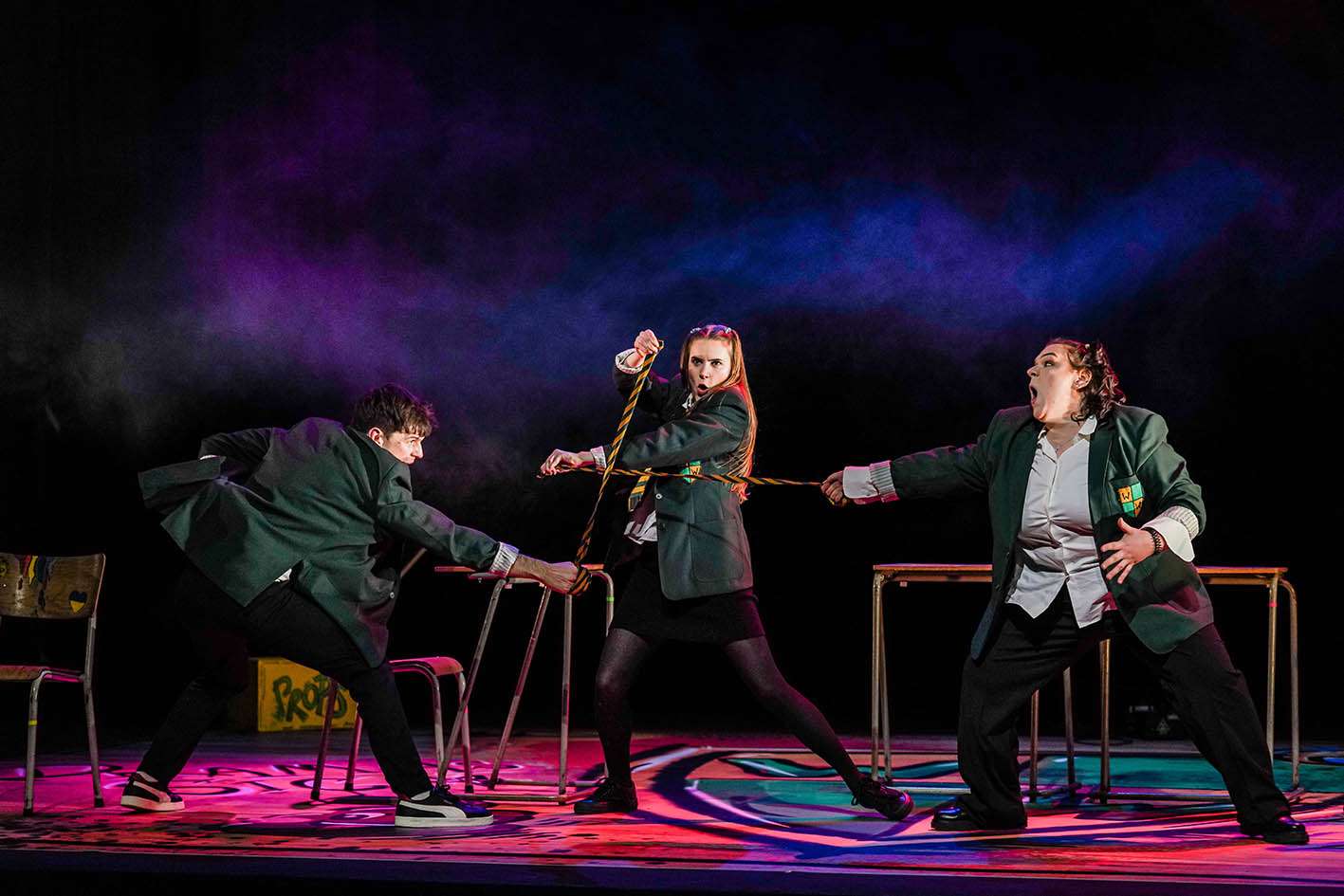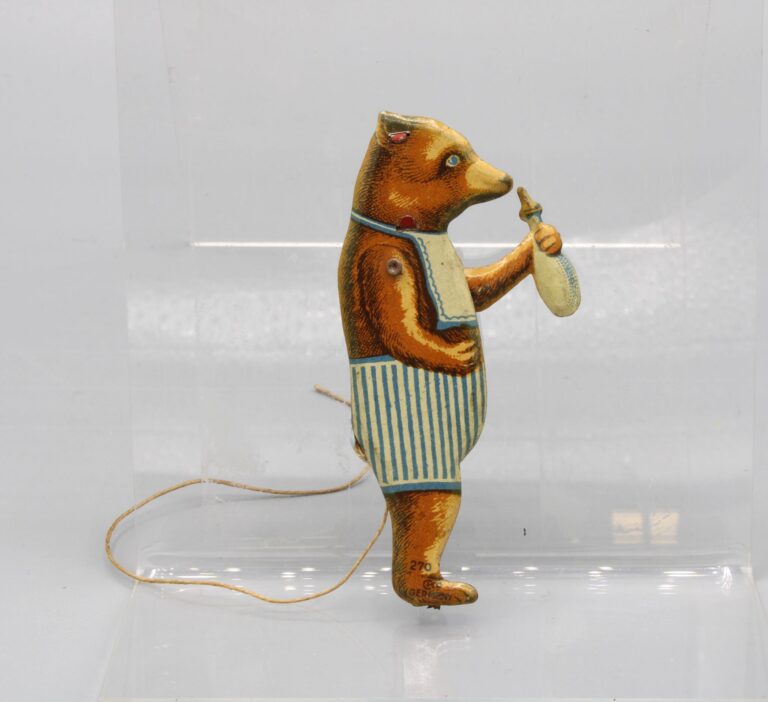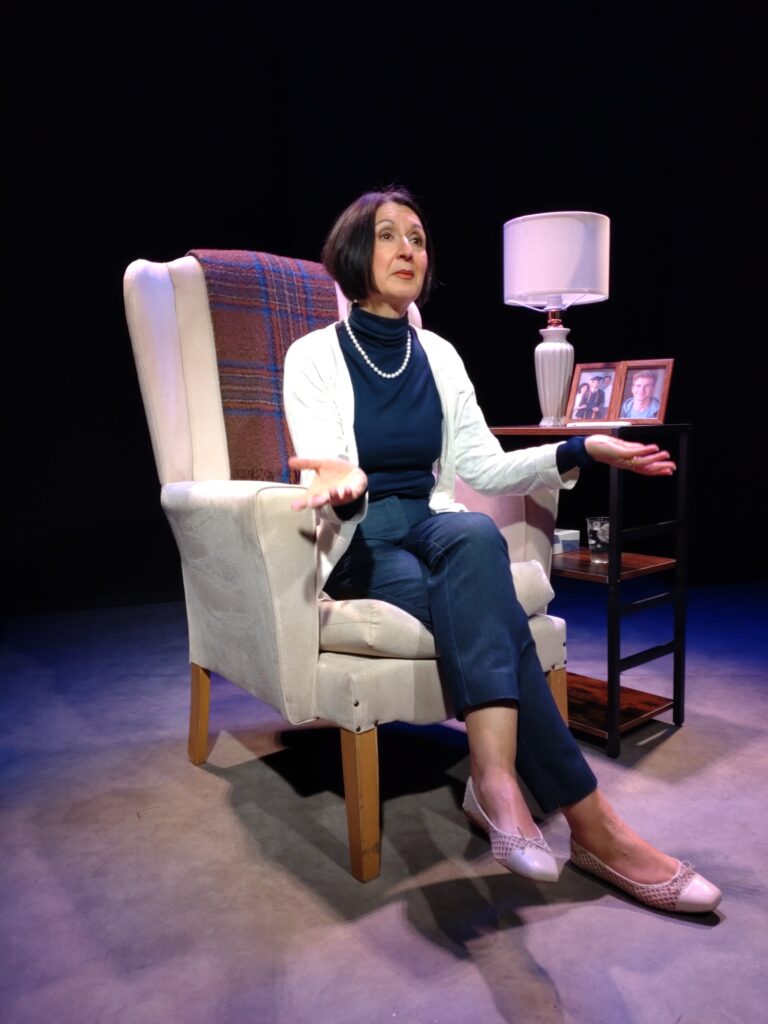Last year, an updated version of John Godber’s 1985 play Teechers ran at the Hull Truck theatre (where the play originally premiered in 1987) as part of the venue’s 50th anniversary celebrations. Running under the new name Teechers Leavers 22, the play – which has been updated by John himself – includes references to academy schools, remote learning and TikTok to boost its relevance to today’s school-age audiences.
The original play had long been a favourite of theatre director Adrian McDougall. Having grown up in a family of teachers, a lot about the show resonated with him, and he’d previously toured three productions of it with his company Blackeyed Theatre. So when playwright John Godber got in touch to ask whether he’d be interested in taking Teechers Leavers 22 on tour in 2023, Adrian was quick to say yes.
The Weekender spoke to Adrian McDougall, artistic director of Blackeyed Theatre, to find out more about the production…
Holly O’Mahony: What attracted you to John Godber’s play Teechers?
Adrian McDougall: It’s a play I just love. We’ve toured the original version, Teechers, three times – in 2013, 2015 and 2018 – partly because it’s great fun to put together and audiences love it. But it also fits perfectly with the company’s identity in terms of its theatrical style. It’s pure theatre and a celebration of the creative power of live performance. It’s a lesson in doing a lot with not a lot and what you can do with imagination.
My relationship with the play took on a greater relevance as a result of the pandemic. When theatres shut their doors and the only way to reach audiences was online, I started going back through our archive recordings and found a digital version of Teechers, which we’d had recorded for a sign interpreter. I reached out to John’s agent to ask if they’d be open to us putting the recording online and offering schools free access to it. John, being John, said yes and we had 500 schools email us for the link. Suddenly we were supporting students as far away as New Zealand!
HOM: The play is known for being accessible to young audiences. How come?
AMD: In Teechers, we, the audience, become the teachers and school friends of the pupils, creating a unique relationship between audience and actors, and placing us firmly at the centre of the story. For many of our young audience members, it’s their first experience of live theatre, and because Teechers is based on school life, it’s immediately relevant and engaging.
HOM: What’s the play about?
AMD: The play tells the story of three Year 11 students about to leave school who put on an end-of-term play for their mates and teachers. They dramatise their final year and all the weird and wonderful characters they encounter using just a few tables and chairs.
HOM: It’s not the original Teechers, but the playwright’s own update of the show, Teechers Leavers 22, that you’re bringing to Greenwich Theatre, isn’t it?
AMD: Yes. This rewrite of the 1987 play ran to acclaim last spring at the Hull Truck Theatre. In Teechers Leavers ’22, Salty, Gail and Hobby get a new drama teacher, who inspires them to use their imaginations, think creatively and challenge convention. It’s a powerful message about the importance of the arts and the good that can come from great teaching. We were due to tour the original version of the play, then one Sunday evening I received an email from John Godber himself, asking if we’d like to use the updated script instead. I had a read of the script and of course it didn’t take long for us to say yes. It was a no-brainer!
HOM: With references to academy schools and TikTok, it sounds like the play has been brought fully up to date. What do you make of the rewrites?
AMD: The updated script is brilliant. It’s more hard-hitting and angry. The original will always be relevant to a modern audience, because in terms of inequality in this country, very little has changed in 40 years. In fact, every time we’ve taken the play out, it’s felt like its relevance has grown year on year. But what the rewrite does is place the story very much in 2022, and in particular that unique period when we were still very much in the midst of a pandemic but trying to get back to normal, when mask-wearing and sanitising were still daily rituals. It brings in remote learning and touches on issues such as mental health. The point it makes is that all those challenges young people leaving state school faced were amplified by the pandemic. Far from having a laptop or a tablet to write an essay, Salty, Hobby and Gail – the protagonists of the piece – are forced to write them on a phone.
HOM: With Ofsted [the Office for Standards in Education] in the headlines over the last few weeks, is it fair to say a play about a school that’s failed its inspection is even more relevant this year than last?
AMD: In short, yes. It’s so sad that it takes something as tragic as the suicide of a headteacher to push something into the headlines, but the reality is Ofsted has been unpopular with a large proportion of the teaching profession for many many years. Both my parents were teachers and my sister is a deputy head teacher, and I grew up listening to anti-Ofsted rhetoric around the dinner table. In fact, back when I was a teenager, my father had a nervous breakdown due to stress at work, so this hits close to home. Rating a school as ‘inadequate’ is damaging and punitive, and it’s based on an overly simplistic tick box exercise that places far too much emphasis on results and league tables. Teachers go into the profession to help young people learn and develop. But we have an academy system that’s commercialised education to the point where the relationship between teacher and student is no longer valued. Education in our country has become transactional rather than transformational, where academies are run like businesses and students rated on how many facts they can recall.
HOM: Is there a particular moment in the show that resonates with audiences today, that perhaps wouldn’t have so much in the 1980s?
AMD: There’s a recurring line about the cost of a pint of milk that wasn’t in the original version. John has included it as an example of the rising cost of living, but also to question to what extent our politicians are in touch with the reality of a family on the breadline. How many of our MPs would actually know the cost of a pint of milk? It feels to me as if MPs today are perhaps less in touch with things like that than they were 40 years ago. There’s also a swipe at ‘party gate’, which tends to get a reaction!
HOM: Teechers Leavers ’22 is a comedy, but as well as making audience laugh, is there anything you hope they leave thinking about?
AMD: There are many strands to the play and to a great extent it depends on your own personal lens what you’ll take away from it. Certainly the widening gap between children at deprived, cash-strapped schools and those in private education is clear. Regardless of your politics, surely we all agree that young people deserve the right to be educated to their potential. Sadly, the opportunity gap is widening. We’re allowing those without to fall between the cracks, regardless of their talents, hopes and dreams. Amid the comedy mayhem of Teechers, that’s the tragedy.
Teechers Leavers 22 is showing at Greenwich Theatre, Crooms Hill, London SE10 8ES. April 27 – 29, 7:30pm and additionally at 2:30pm on April 29. Admission: £15 – £17.50. www.greenwichtheatre.org.uk/events/teechers-leavers-22/






